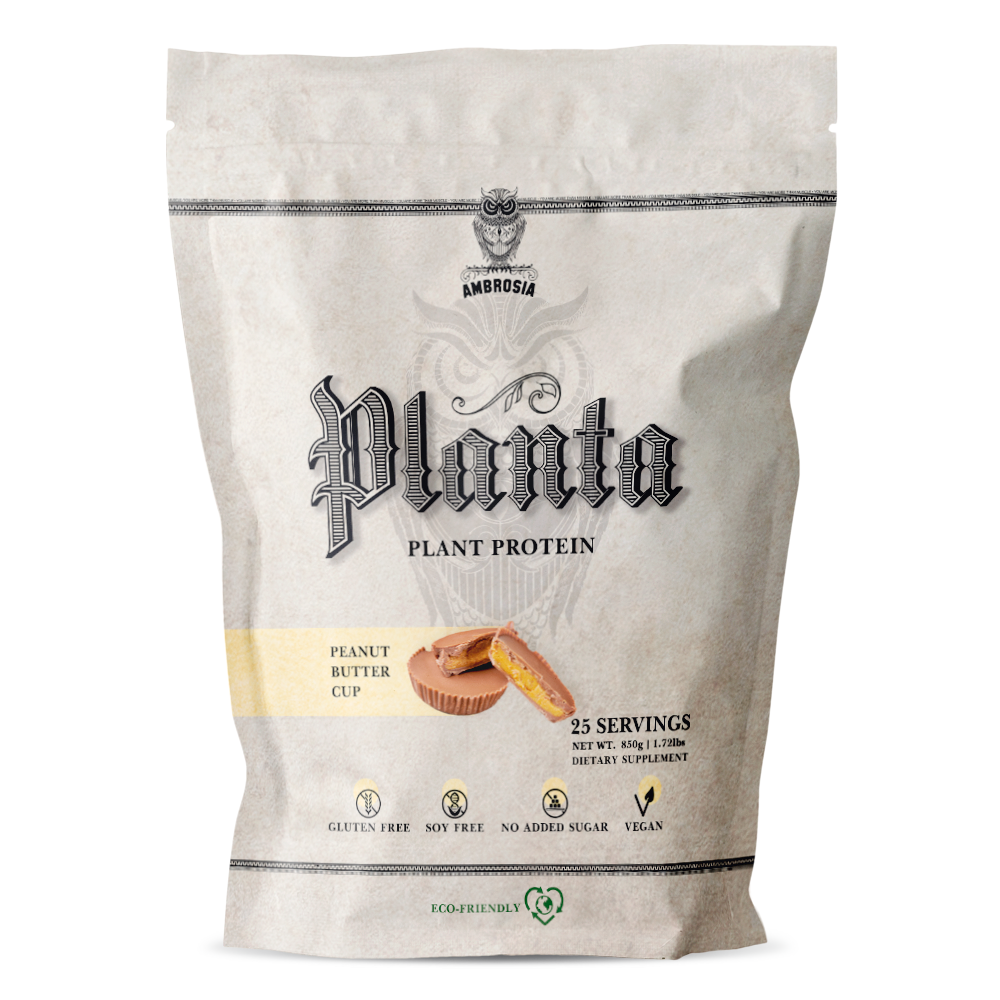Seed Oils Are In Everything... Makes You Question Why?
April 01, 2025
Seed Oils: The Health Debate We Can’t Ignore
Seed oils are in just about everything—from salad dressings to protein bars. But lately, they’ve sparked one of the biggest debates in modern nutrition. Some claim they’re quietly fueling inflammation and chronic disease, while others insist they’re harmless—or even beneficial—in the right context.
So what’s the truth—and why does it matter for your health?
Why Seed Oils Got Such a Bad Rap
The criticism didn’t come out of nowhere. Seed oils are high in omega-6 fatty acids, which, when consumed in excess, can tilt your body toward inflammation. Inflammation itself isn’t always bad—it’s your body’s natural way of protecting and healing. But when it sticks around for too long (often times does), it can contribute to serious health issues, including joint pain, digestive troubles, and even heart disease.
Here's the bigger problem? Most of us eat far more omega-6 than omega-3. In fact, the average American’s ratio is around 20:1 or worse, when a healthier balance is closer to 4:1. Omega-3 fatty acids help counterbalance excess inflammation, so if you’re not getting enough of them (think fatty fish, or a quality supplement like N4 Omega Fish Oil), your body may be stuck in a pro-inflammatory state.
But maybe the real issue isn’t seed oils themselves—it’s how much we use them, and in what context. After all, moderation and balance can make all the difference in whether these oils support or undermine your health.
Seed Oils: Harmless—or Just Misunderstood?
Not all research paints seed oils as villains. In fact, some meta-analyses suggest omega-6s don’t directly cause inflammation when omega-3 intake is sufficient. The real issue? Most people aren’t balancing anything. Omega-6s are everywhere, and omega-3s barely show up.
Still, not every study tells the full story. It’s worth asking who’s funding the research—and whether it reflects how people actually eat.
Where Things Get Risky: Overheating & Ultra-Processed Foods
The real concern lies in how these oils behave under high heat.
When seed oils are repeatedly heated—like in fast food fryers—they oxidize and degrade into harmful compounds like aldehydes and trans fats. These aren’t just theoretical threats; they’ve been linked to inflammation, metabolic dysfunction, and cardiovascular disease.
A splash of oil on your salad? Probably fine. But living off deep-fried snacks? That’s where the real damage happens.
Should You Avoid Seed Oils Altogether?
Ultimately, it’s about making the right decision for your own health. That doesn’t mean you need to ban all seed oils from your kitchen. The real danger lies in how they’re processed, heated, and overused in ultra-processed foods—not in moderate use of high-quality oils.
If you care about your health, focus on balance—cut back on junk, get more omega-3s, and pay attention to where your fats are coming from. In that light, seed oils aren’t inherently toxic—but blindly trusting their “heart healthy” label might be.
That imbalance is exactly why we created N4 Omega 3—a platinum-grade fish oil sourced from exclusively from Icelandic waters (the least polluted ocean in the world). As an extra measure of security, we purify every fish oil extracted through a process known as molecular distillation. This process not only eliminates any potentially harmful toxins but packs each dose with the maximum EPA and DHA your body needs.
If you're going to correct your omega-6 to omega-3 imbalance, you might as well do it with the purest source possible.
Try N4 Omega 3 Fish Oil Risk Free
Warm Regards,
High Performance Nutrition


































